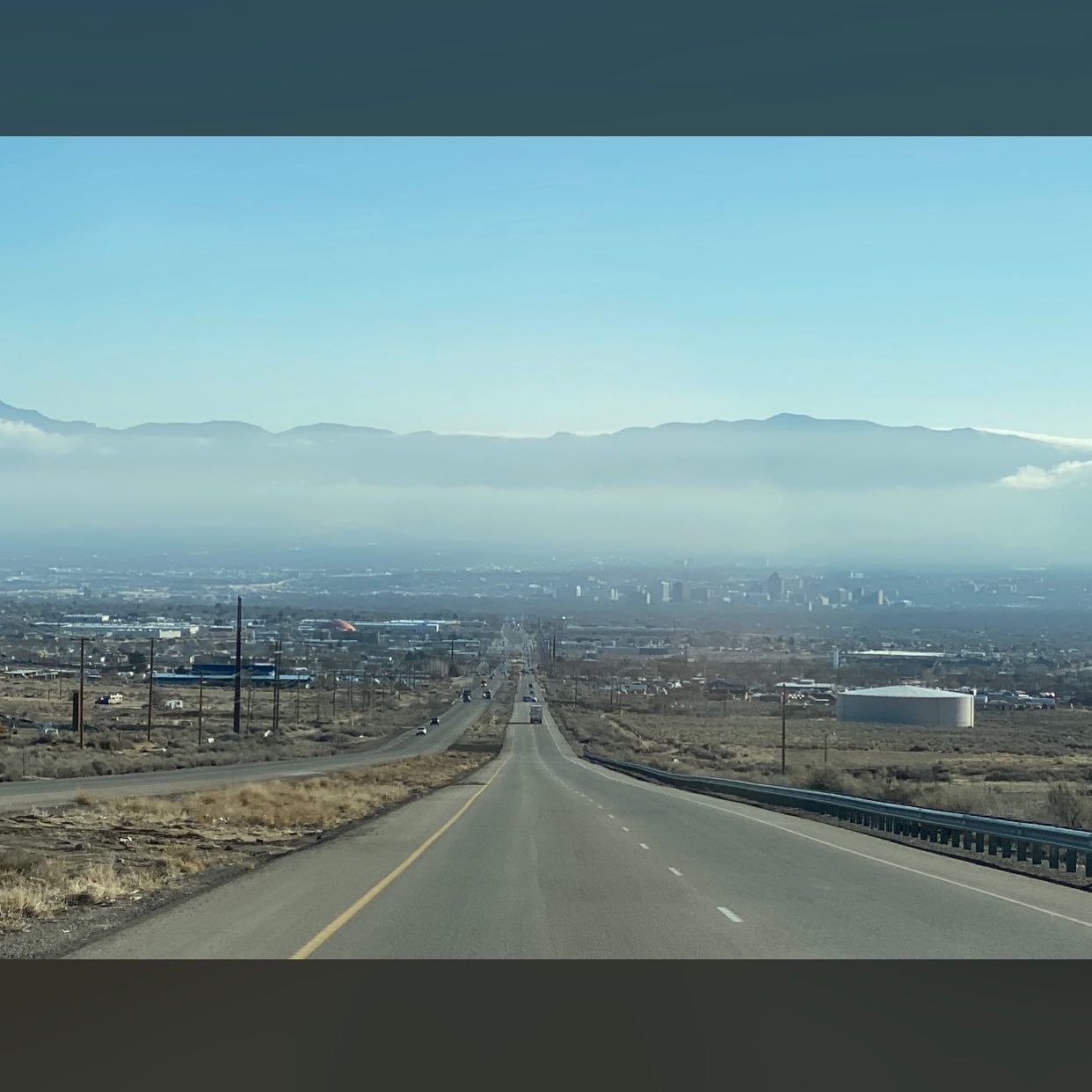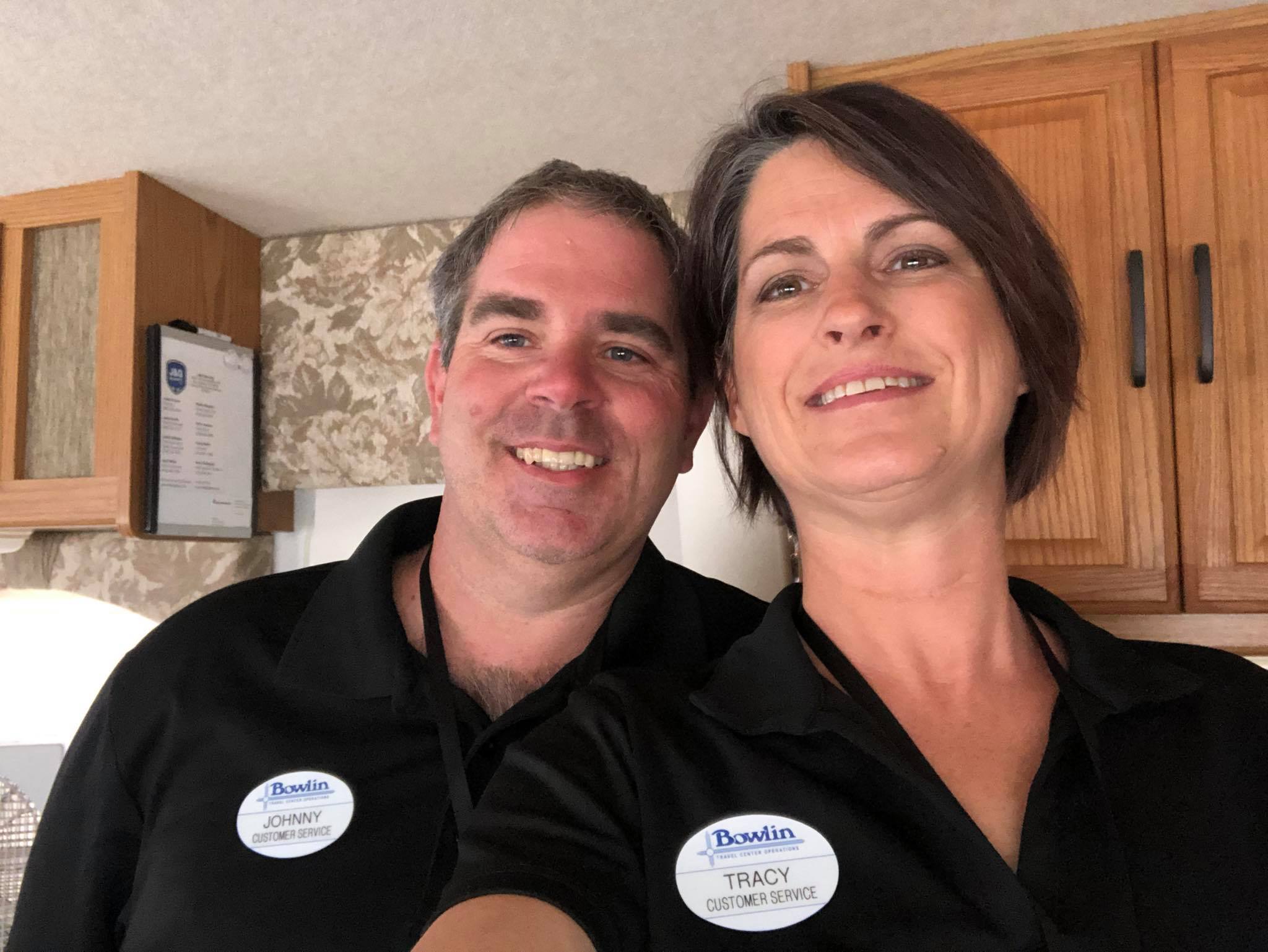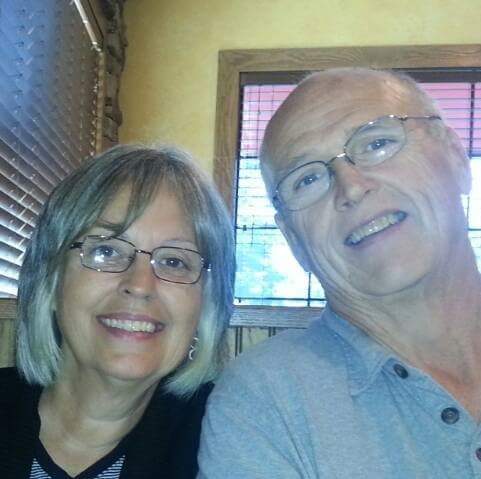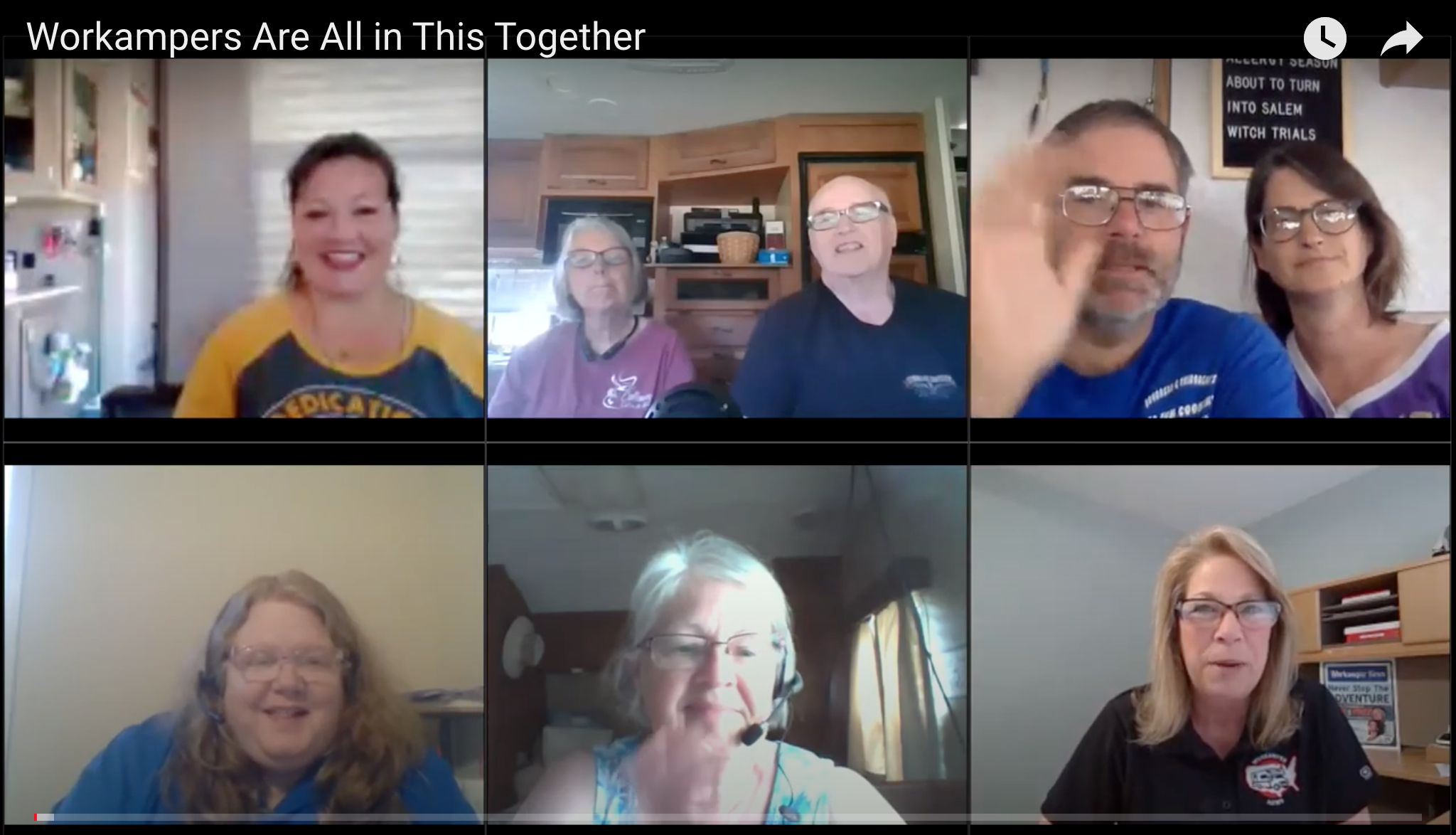When the Coronavirus pandemic hit the United States, the joy and adventure of full-time RVing quickly exploded into non-stop panic for many of us. But one group of full-timers was sitting pretty when shelter-in-place restrictions went down. For the many workampers in America’s privately-owned RV parks, workamping during Coronavirus was the best situation any full-time RVer could imagine.
The Pandemic that Stopped RVers In Our Tracks
If anyone would have told me that after thirteen years on the road, a pandemic would stop my husband and I in our tracks, I wouldn’t have believed them. But Coronavirus affected RVers like nobody ever imagined. Nomads like myself scrambled to secure a long-term parking spot as RV park spaces disappeared overnight. Public lands boondocking wasn’t an option either. Access grew difficult because government entities closed off entire swaths of land.
Many full-timers like me were left with few options. Rumors of scattershot overnight camping spots floated around social media. For many of us, big box store parking lots or staying with friends, families and sometimes generous strangers were our only option. If only we were workamping.
The New Benefits of Workamping During a Pandemic
If you’re not familiar with workamping, you should be. It’s a popular way for many full-time RVers to reduce living expenses. The arrangement is between full-time RVers and business owners who need help with everything from RV park labor to farming. The RVer works a pre-determined number of hours each week. In exchange they get lowered rent, and sometimes wages with bonuses like free laundry.
All workamping jobs have pros and cons. But nobody ever thought one of the pros would be “a safe place to stay during a pandemic” But apparently it is, and group of workampers around the United States proves it. They recently demonstrated that if you happen to be caught in a shelter-in-place situation, workamping during a pandemic can leave you sitting pretty. The key is to be a resilient team player who’s ready to roll with the changes.
After three years workamping, Johnny and Tracy Bercegeay have become those people. Just a few weeks ago the couple was ready to leave their winter stint at The Thing, an Arizona tourist attraction at the Bowlin’s Travel Center off Interstate 10. But then the pandemic happened, and changed everything.
Highway traffic disappeared overnight when shelter-in-place orders took effect, and the couple was left with little work to occupy their time. They stopped workamping for Bowlin’s weeks ago, but they didn’t need to scramble for a parking spot somewhere else.
“They were nice enough to let us stay here even though we’re not working,” said Johnny in a recent Zoom call to Workamper News members. The online gathering called “Workampers are all in this together” gathered four workamping RVers to share how the Coronavirus has impacted their situations.
It takes teamwork to workamp during a pandemic.
From Texas to Arizona to Florida, two common themes prevailed among the workampers: resiliency and teamwork. Those who are working at parks right now are carrying the load for staff members who weren’t able to make it for the upcoming season. Although fewer guests are checking in, daily duties still need to take place.
“The only thing it really has affected is that they’re not bringing any workampers in right now,” said Don Hawes, a long-time workamper at The Texan RV park in Athens, Texas.
Don and Pat report that the park’s workamper force is down to half the size it was, but things still need to get done–and they are. “We have a really good crew, we’re working together. Everyone’s pitching in and working together like workampers often do anyways,” he says.
In Florida, Marcia Mercer says that the only real difference she’s noticed is now she has more leisure time, because fewer guests are checking into the park. “I’m getting to some of the to-do things I’ve been meaning to do all winter,” she explains.
Staying Social and Upbeat is Key
Physical distancing requirements are putting a crimp in the highly social lifestyle, but it’s not stopping those who are workamping during Coronavirus. Many still hold occasional gatherings in large, open areas that accommodate a 6-foot space between people.
“Campers are the most helpful friendly group you could ever want to get together with,” says Marcia. “There will still be that distance but you can still sit around and get to know people and find out all the good places they’ve been, places to put on your bucket list. There’s always opportunities to stay upbeat.”
Pat Hawes agrees. “Workampers are a very social group. We like to get together, we like to go out to eat together. We still get together but we’re all six to eight feet apart, everyone is still laughing and joking.”
Making the Most of Uncertainty
All over the country, many workampers are in a holding pattern. Most are uncertain if their summer assignment will kick off as scheduled. Those who have adopted a flexible attitude aren’t letting ambiguity get them down. Johnny and Tracy are leaving Arizona soon, to start a new RV park job on May 8th. They have no idea if it will actually happen. But, they’re headed to Oregon anyways. The couple will make the most of their wait by visiting nearby family.
“We’ll be ready, but if it cancels for some reason or it keeps getting pushed back we’ll grab something else,” says Johnny. He and Tracy know that workamping jobs are plentiful if you are willing to travel and try new things. “It’s really no big deal,” he says. “We’ve been doing it for three years and we’ve been proving that we can jump on Workamper news and have a job by the end of the week.”
When it comes to full-time RVing, the uncertainty of moving your house from place to place is something that people either learn to appreciate and enjoy, or not. These workampers who participated in the webinar have definitely mastered that art. And now their resiliency is paying them back in a big way. Apparently, falling in love with full-time RVing can give you mental fortitude it takes to roll right on through a global pandemic.





My biggest fear is not being without a camping spot. My biggest fear is one of us actually getting the virus and having to be in a strange place, in a strange hospital, with no visitors allowed.
We had always said that if anything happened that suddenly interrupted our travel, we would put the RV in storage and catch a flight home. Now, there is talk of even limiting airline travel!